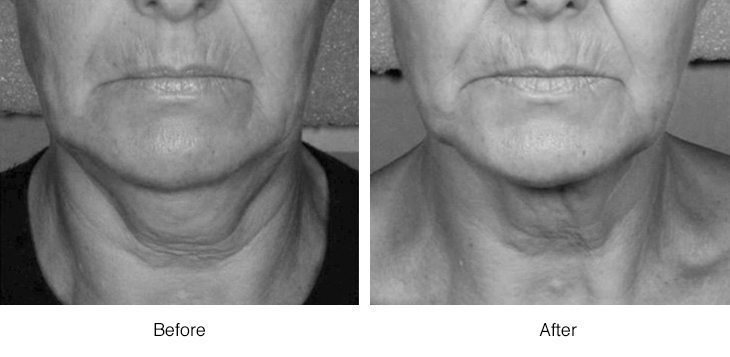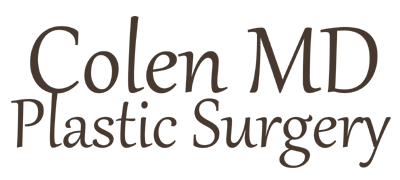I remember a few years ago, it seemed all the rage to admit to a worldwide audience, usually on a TV talk show, to have all manner of emotional baggage. Oprah admitted to having been sexually abused , Marie Osmond confessed to struggling with depression, and we all remember Hugh Grant apologizing on THE TONIGHT SHOW for his fling with a prostitute.
But what has caught me totally off-guard is the trend today for admitting to being “addicted” to plastic surgery. There was Michael Jackson who some say died because of his addiction. His family is not as quick to admit to an addiction, but his fans seem to think he was. And they love him all the more for it.
But many other celebrities have come right out and confessed to an addiction. There is Danielle Staub of “Real Housewives of New Jersey,” Amy Winehouse, and Kathy Griffin. All have tearfully–yet eagerly–admitted that they just can’t stop nipping and tucking.
The latest, of course, is Heidi Montag. PEOPLE Magazine reports that she has only had two trips to the plastic surgeon, but on her second trip, she had ten surgeries done in a single day. The star of “The Hills” says she is “beyond obsessed.”
Here’s the moral of the story: I obviously have no problem with anyone getting plastic surgery. It remains anyone’s right to have a procedure done that they feel will make them more comfortable or cause them to feel more confident. However, I believe it’s a cop-out to cry “addiction” to explain why you’ve had so many procedures.
In medicine, “addiction” has a very real meaning. And it’s not just when you really like doing something so much that you want to do it again. “Addiction” suggests that you cannot stop yourself, even though you know you must.
It’s true that plastic surgery could lead to an addiction. Any surgery could, because any surgery is followed up by the use of pain relievers (And indeed, it’s widely felt that Michael Jackson’s compulsion to have so many operations were motivated by his need for the pain relievers).
But I have a more skeptical eye toward those who claim that the desire for plastic surgery itself is an addiction. Can it be? Perhaps. But in most cases, it’s used as a cop-out by people who just don’t know when enough is enough.


